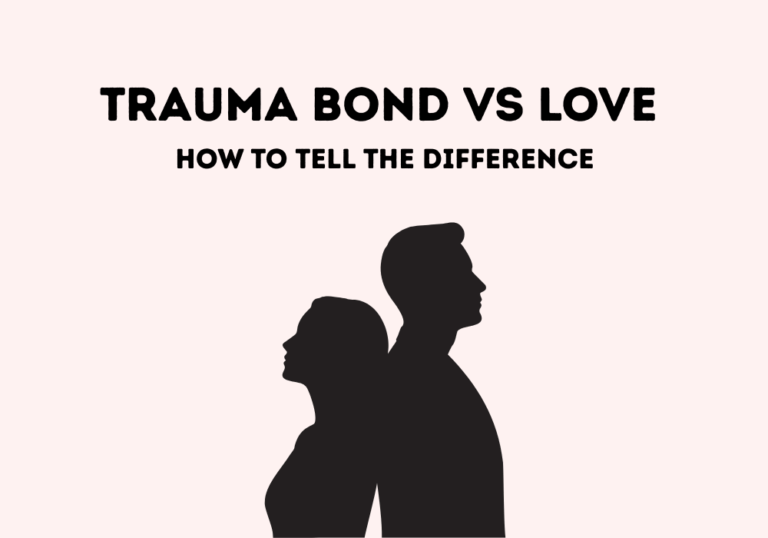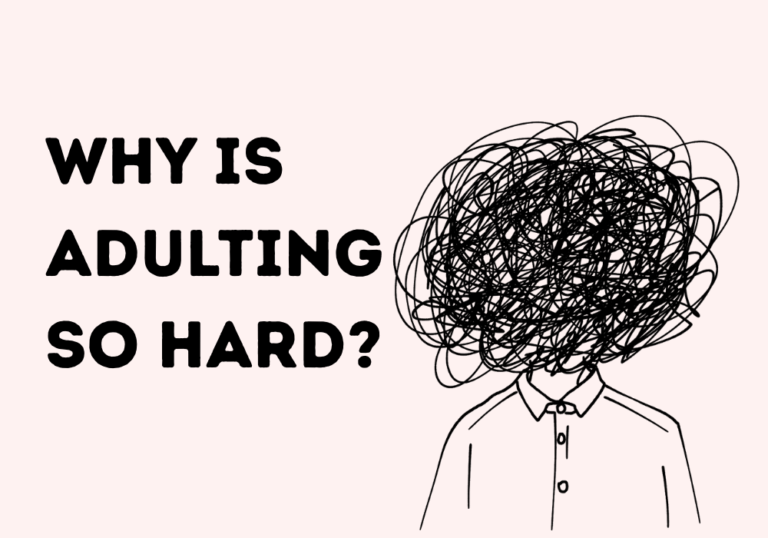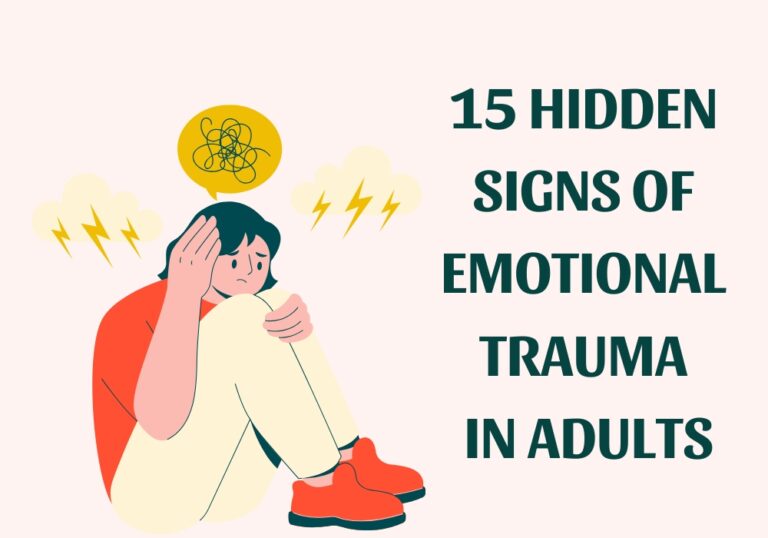What is Decidophobia?
Decidophobia, the fear of decision-making, typically stems from a fear of making mistakes, known as Atelophobia, rather than a fear of deciding itself.
Decidophobia is a mental condition that causes intense anxiety when faced with the task of making choices. Individuals with this fear can become caught up in uncertainty, making it difficult for them to decide on their own.
Often, this condition can lead to extreme stress and even panic attacks when trying to make decisions. As a result, those who suffer from decidophobia will usually go out of their way to avoid having to make choices, so they don’t experience any distress.
This paralyzing fear is centered around the possibility of making an incorrect decision. While most people tend to feel some nervousness regarding certain decisions, those with decidophobia experience a debilitating dread that affects both small and major decisions alike. This can include challenges like deciding what clothes to wear for work or what to cook for breakfast or more significant life choices that could have lasting impacts.
Those who have decidophobia often live with heightened levels of fear, uncertainty, and apprehension when confronted with decision-making situations. This persistent anxiety can greatly affect various aspects of their lives such as personal relationships, work performance, and overall daily routines. Decidophobia can present itself in many forms like feeling bombarded by multiple options, worrying about the potential outcomes of wrong choices, or doubting one’s capability to make informed judgments.
The root cause of this phobia can vary from person to person. It might include factors like perfectionism, a fear of failure, past negative experiences, or inadequate self-confidence relating to one’s decision-making abilities.
Symptoms of Decidophobia:
1-Overanalyzing and Overthinking:
Those who suffer from decidophobia tend to analyze their options very carefully, taking into account all possible outcomes and consequences. This can lead to a feeling of being stuck and mentally exhausted and can damage their self-assurance in their ability to make choices.
Related:12 Signs you’re Over analyzing and How to Stop it?
Related:15 Tips To Stop Overthinking
2-Relying on others:
Instead of relying on yourself for decision-making, you often depend on others to choose for you. This can lead to attracting dominating or controlling individuals who initially appear beneficial due to their assertive nature but can have a negative impact on your life.
3-Panic and anxiety:
When faced with decision-making situations, you may go through intense anxiety or even undergo a panic attack. Along with this heightened nervousness, you might encounter other physical manifestations like a racing heart, labored breathing, queasiness, perspiration, trembling, and sensations of pain in your chest or abdomen.
Related:How to deal with Anxiety with 15 methodes
4-Lowered Self-esteem:
Relying on others for personal decisions affects self-esteem negatively. In this situation, one focuses on the decision-making skills of others. Sadly, this often leads to neglect of one’s own unique needs. Constant dependence on others causes people to doubt themselves, potentially leading to anxiety disorders.
Related:Low Self Esteem Causes, Signs, & 10 Ways to overcome it
5-Procrastination:
Procrastination comes from fearing wrong choices, leading you to delay decisions. Instead of choosing and facing possible regret, you live with uncertainty. This habit may cause you to lose great opportunities.
Related:12 Tips To Avoid Procrastination
6-Fear of Criticism:
Decidophobia often involves a heightened sense of apprehension regarding criticism or judgment from others. This overwhelming fear can sometimes make it extremely difficult for individuals to handle any form of feedback or constructive critique.
7-Concerns in abundance:
It’s natural for our thoughts to linger on crucial choices as we strive to clarify our ideas and assess the alternatives. However, those plagued with decidophobia let their concerns spiral out of control, leading them astray from their primary objective: making a decision. These unproductive worries often revolve around trivial aspects or become unwarranted catastrophes. Instead of guiding them toward the right choice, this tangled mess of anxiety only results in confusion and self-doubt.
8-Effect on Relationships:
Decision-making fear may impact personal connections. Loved ones and friends might get annoyed with the indecision and continuous need for reassurance.
Causes of Decidophobia:
1-Past experiences:
Negative experiences, especially those with significant impacts or involving the judgments of others, have led to a sense of fear and hesitation when it comes to making decisions.
Related:Letting Go of the Past: 24 Ways to Move On
2-learned behaviors:
There might have been a moment in your life when letting others decide for you was helpful or needed. This may have led to avoiding decision-making.
3-Personality Disorders:
Some personality disorders can cause fear in decision-making. For example, people with Borderline Personality Disorder (BPD) face self-image problems and struggle to manage emotions and behavior, leading to decidophobia. Likewise, those with Dependent Personality Disorder (DPD) can also develop this fear.
4-Childhood Education:
Often, decidophobia stems from learned behaviors. As a child, one may become used to relying on others for decision-making. This dependency might carry on into adulthood. However, it’s essential to learn to make decisions independently at some point in life. Failing to do so can lead to decidophobia.
5-Perfectionism:
The apprehension of committing errors or the desire for flawlessness can lead to immense stress and unease in the process of decision-making.
Related:10 Ways to Overcome Perfectionism
6- lack of self-confidence:
A deficiency in self-assurance could potentially result in decidophobia. Those who have insufficient self-confidence might oftentimes feel unequipped to make well-informed decisions, especially when encountering intricate or novel circumstances.
Related:15 Tips For Improving Your Confidence
Related:20 Ways to Practice Self-Love and Be More Confident
7-Fear of Disapproval and Critique:
The apprehension of facing disapproval or negative feedback can result in hesitancy when making decisions. Some people may experience heightened concern regarding the opinions of others about their chosen paths, and this can impact their confidence in moving forward with their selections.
How to overcome Decidophobia?
For those who experience decidophobia or have acquaintances facing this challenge, consider these effective techniques to confidently conquer the apprehension associated with decision-making and the possibility of making a mistake.
1-Face your fears head-on:
Recognize and name your fear. Often, the thought of the fear is worse than the actual outcome. Determine if your fear is about embarrassment, loss, change, pain, or failure. Consider both the worst-case and best-case scenarios. Focus on potential successes and visualize how it would feel. Recognize both your fears and hopes to make goal-oriented decisions instead of just avoiding fearful situations.
2-Simplify decision-making:
The key to overcoming decision-making anxiety is to simplify the process. Large decisions can be intimidating, yet they consist of smaller choices. By tackling these decisions with a more manageable outlook that boosts our confidence, we can successfully take incremental steps to reach a resolution.
3-Trust Your Decision-Making Skills:
Find proof that you’re good at making decisions by listing past successful choices. Ask friends or family to assist you. Being aware of your ability to make good choices boosts your confidence and lessens the fear of making mistakes.
4-Embrace Risk from Both Sides:
Usually, a decision appears risky because we focus on the negative outcomes. However, don’t forget to think about what could happen if you don’t act – that might be as bad or even worse. List down the advantages and disadvantages of each option to thoroughly examine the situation without letting emotions cloud your judgment. By doing this, you’ll understand how various factors can influence each choice differently.
5-Forgive yourself:
Release the burden of guilt and anger regarding previous shortcomings or defeats by granting yourself forgiveness and relinquishing any emotions of bitterness or accusation directed at others or yourself. By absolving yourself, you enable the acceptance of your present self, which will simplify the process of advancing without fixating on past errors or failures. Instead, concentrate on generating fresh prospects for triumph in the days to come.
6-Take action!
Act on your decisions and pursue your goals confidently. Decisions help you improve your life or grow your business, but without action, you can’t evaluate their effectiveness. Don’t hesitate; to make a decision and proceed with creating a plan to achieve your goal. Break it down into steps and watch as you progress towards success.
7-Don’t Fear Admitting a Wrong Choice:
Sometimes, you might make the wrong choice or find a better option later on. Accept your mistake and adjust accordingly. Don’t waste time and resources defending a poor decision. Change and move forward.
Being human means we’ll fail sometimes, but that’s okay.
8-Mindfulness:
Be mindful of your body when making decisions, as fear can manifest physically before we’re consciously aware. Notice if your heart rate, perspiration, or breathing changes. If you sense fear, engage in calming or grounding exercises, such as meditation, yoga, deep breathing techniques, or prayer. Ensure you feel secure and centered before making decisions.
9-Break Free from Comfort Zones:
Comfort zones are part of Emotional Holds, preventing you from making progress in decision-making.
So, use emotional regulation to confidently move beyond your comfort zone. Growth doesn’t happen when you’re comfortable; it’s only doubt about your potential that flourishes there.
Related:
10-Collect Information to Overcome Fear:
If uncertainty causes your decision-making fear, gather more information about the unknown. Knowledge can boost your confidence in a situation.
11-Establishing practical anticipations:
It is crucial to comprehend that not every choice will yield flawless results, and embracing the fact that errors are an inherent aspect of our growth journey can significantly alleviate the stress and apprehension tied to decision-making processes.
12-Developing self-assurance:
Boosting one’s self-worth and self-confidence by consistently using positive affirmations, engaging in self-care routines, and taking the time to acknowledge even the smallest of accomplishments can significantly aid in strengthening one’s ability to make decisions with greater resilience and certainty.
13-Developing Essential Problem-Solving Skills:
Decision-making is inevitably intertwined with problem-solving. It is essential to boost your problem-solving skills by efficiently dissecting the issue into smaller, more manageable components and consequently detecting various viable solutions. This simplified yet confident approach will empower you to tackle problems effectively and aid in making well-informed decisions.
14-Establish a Time Constraint:
Prevent overthinking by confidently imposing a time limit on your decision-making process. For less significant choices, allot a few minutes, while for more crucial decisions, dedicate an appropriate amount of time to conduct research and engage in thoughtful reflection.
15-Tackle Overwhelming Thoughts with Confidence:
Become aware of when you’re engaging in catastrophic thinking or envisioning the most terrible outcomes. Faced with these negative thoughts, confidently question yourself if the repercussions are truly as severe as you believe, and extend your understanding of the situation.
16-Seek Expert Assistance:
If your decision-making fears have a considerable impact on your everyday life, personal connections, or professional path, don’t hesitate to reach out to a skilled therapist or counselor. They possess the knowledge and experience to offer personalized techniques and support that cater specifically to your requirements. Embrace their guidance with confidence, and watch as your decision-making abilities grow stronger and more assured over time.
Finally :
Fear of making decisions, or decidophobia, can negatively affect your long-term health and happiness. It’s important to figure out what causes this fear and seek help or treatment as needed. Many people have trouble making decisions at different levels, especially when they’re younger – but that doesn’t mean you should avoid important choices in life. Keep in mind that overcoming decidophobia is unique to each person, and there is no one solution for all. The aim is to grow more self-assured and efficient in making decisions, which will enhance your life quality and lessen anxiety.









Very good written article. It will be beneficial to anybody who employess it, as well as yours truly :). Keep doing what you are doing – for sure i will check out more posts.
Thank you ❤️
Very good written article thank you ^^